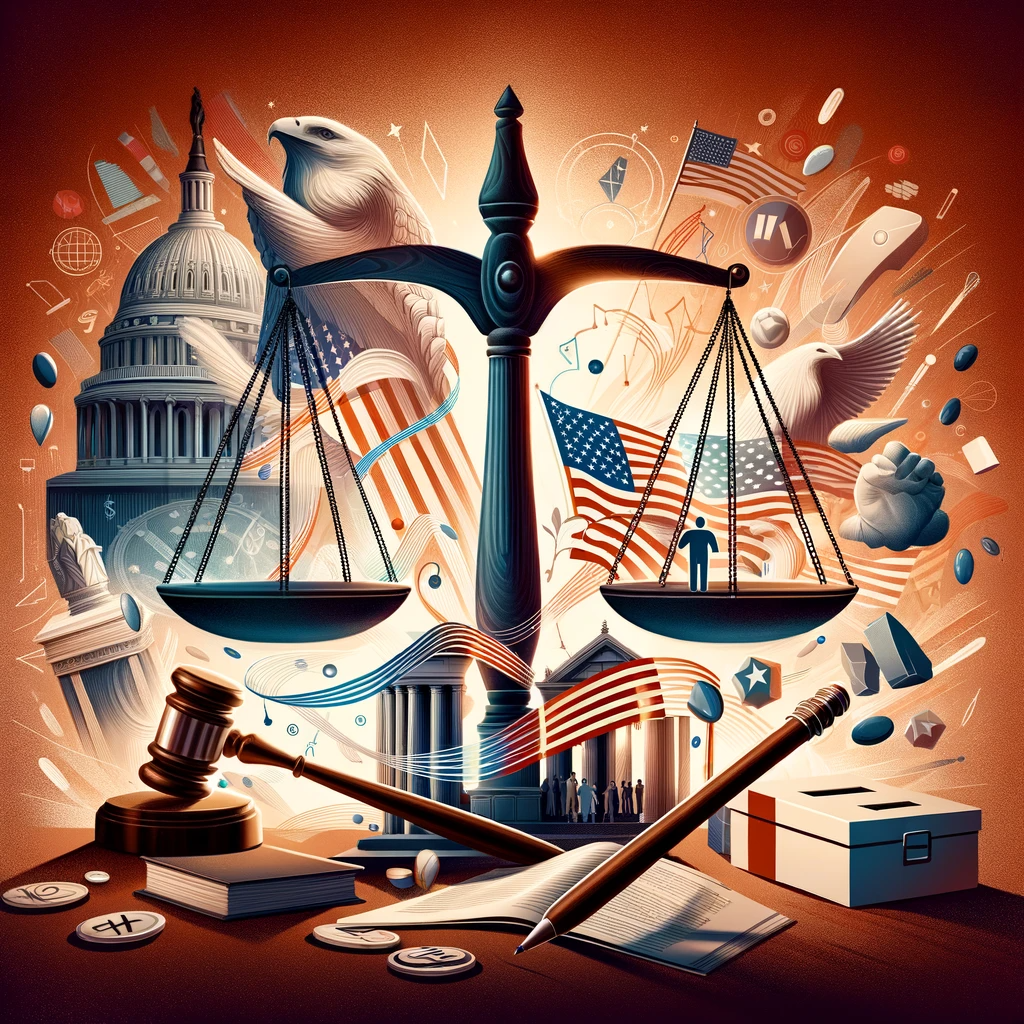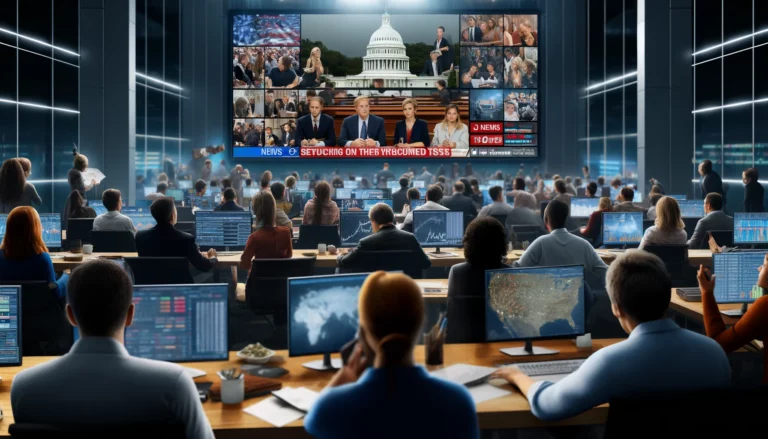Politics and Power: The Pivotal Role of Election Commissions in Upholding Electoral Laws
In the grand theatre of politics, where the stakes are as high as the ideals of democracy itself, the role of Election Commissions is both critical and often underappreciated. These independent bodies are the linchpins of electoral integrity, tasked with the monumental responsibility of enforcing election laws and regulations. Their work ensures that the democratic process is not just a theoretical ideal but a lived reality, where fairness, transparency, and justice prevail.

The Mandate of Election Commissions
Election Commissions operate as the arbiters of the political process, endowed with the authority to oversee, administer, and enforce the complex web of laws that govern elections. Their mandate typically includes everything from the initial registration of voters and candidates to the final tallying of votes and certification of results. By ensuring that all stages of the electoral process adhere to the established legal framework, these commissions uphold the very essence of democratic governance.
Ensuring a Level Playing Field
One of the primary functions of Election Commissions is to ensure that the electoral battleground is level, providing all candidates and political parties with an equal opportunity to compete. This involves strict oversight of campaign financing, political advertising, and the conduct of electoral campaigns. By monitoring compliance with campaign finance laws and regulations on political advertising, Election Commissions play a crucial role in preventing undue influence and ensuring that the electoral contest is fair and equitable.
Voter Education and Participation
Beyond the enforcement of laws, Election Commissions are instrumental in promoting voter education and participation. They undertake extensive public outreach campaigns to inform citizens about their voting rights, the electoral process, and how to engage effectively in the democratic process. These efforts are vital for empowering voters, encouraging informed participation, and enhancing the legitimacy of the electoral process.
Adjudicating Electoral Disputes
Election Commissions also serve as the judiciary of the electoral world, adjudicating disputes that arise before, during, and after the electoral process. From allegations of electoral fraud to challenges against the eligibility of candidates or the validity of election results, these bodies are tasked with investigating complaints, conducting hearings, and delivering rulings in accordance with the law. Their ability to resolve disputes impartially and efficiently is key to maintaining public trust in the electoral process.
Adapting to New Challenges
In an ever-evolving political landscape, Election Commissions must continually adapt to new challenges, from cybersecurity threats to the rise of social media. The digital age has transformed the way elections are conducted, bringing new opportunities for engagement but also new vulnerabilities. Election Commissions are at the forefront of addressing these challenges, updating regulations, and employing technology to safeguard the integrity of the electoral process.
Global Perspectives on Electoral Oversight
The structure, powers, and functions of Election Commissions vary widely across the globe, reflecting the diverse political and legal landscapes of different countries. From the highly centralized model of India’s Election Commission to the decentralized framework of the United States, where electoral oversight is primarily the responsibility of state and local authorities, the approach to electoral governance offers valuable insights into the principles and practices that underpin democratic elections worldwide.
Conclusion
The role of Election Commissions in enforcing election laws is a testament to the complex machinery of democracy. These bodies stand at the intersection of law and politics, ensuring that the rules of the game are followed and that the democratic process is a fair reflection of the will of the people. As guardians of electoral integrity, their work is fundamental to the health and vitality of democracies around the world.





